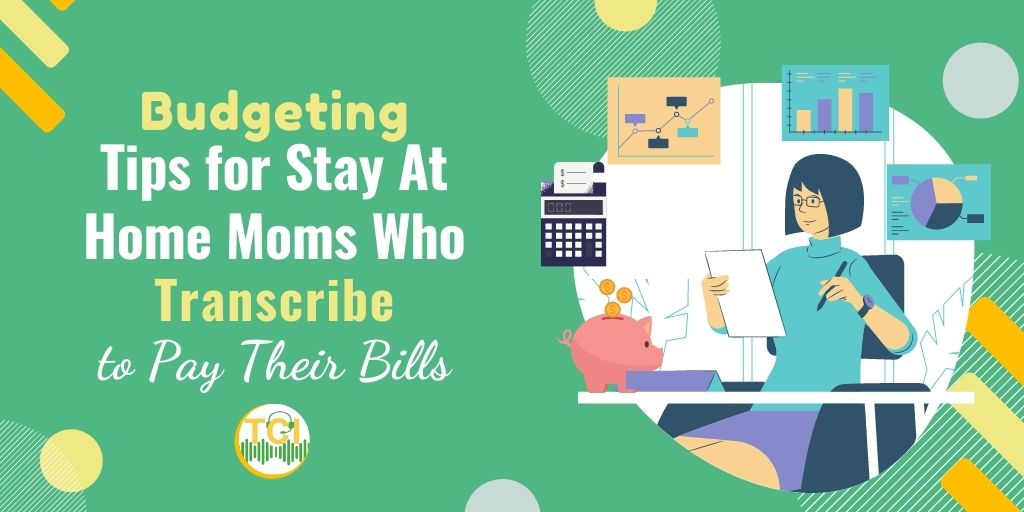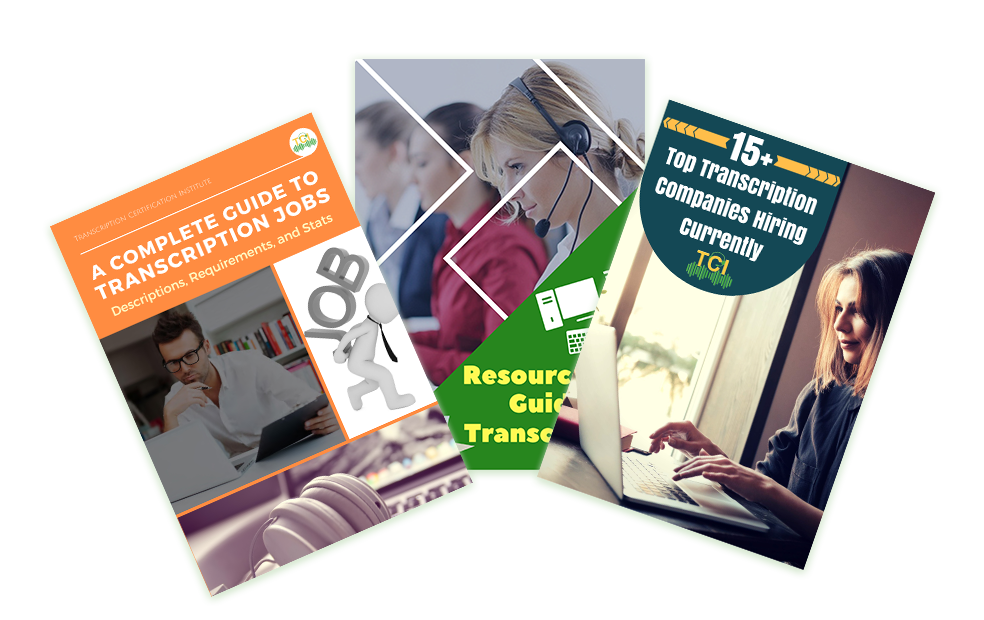
As a stay at home mom who does transcription work to be able to pay your bills and meet other financial obligations with a complete peace of mind, you might be thinking of creative and clever ways of budgeting your monthly income. The following personal saving & budgeting tips will help you achieve your goal of a better financial health.
On the first day of a month, make an assessment of the amount of money that will be coming in for you. Then, you should figure out what will be the amount left after you've paid all your bills. As a final step, make a plan for what you will do with the money you are left with. Although simple, it's a very effective budgeting exercise for frugal stay at home moms.
As suggested by all financial experts, you should put aside a certain percentage of any discretionary money left after making all the essential bill payments for yourself. You can put that money into a savings account every month. This single step will make a huge difference for your personal finances in the long run. The process can be automated if you set up your checking account to transfer a fixed amount into your savings every month. This is a good way to force you into saving: isn't it?
You can always find attractive deals on something as basic as your cellphone plan or even something more significant, such as home mortgage rates, if you shop around.
You can prepare your entire week's meal plan, which will help you save on grocery costs, as well as saving on gas from going to the grocery store too frequently. Also, purchasing clothes during off-season can result in big savings. Planning ahead saves you big bucks.
You can cut down your electricity bills significantly in the long term by using energy-efficient appliances. Choosing public transportation over your car will cut down your costs on gas. Even a simple thing such as developing a habit of switching off the lights before you leave a room can be a great way to save in the long term.
Financial education is important and the good thing is that a lot of it is available for free! A US government website, MyMoney.gov, has been set up to educate the public in financial matters, with a section of it dedicated specifically to women. You may also seek help from financial advisers who put your financial interests ahead of theirs: you just need to ensure they are associated with the word “fiduciary”.
Your TRANSCRIPTION CAREER CAPSULE to Help You BOOST Your Potential
Latest Industry News, Jobs, Tips and More..

Comments are closed